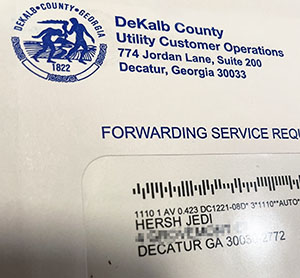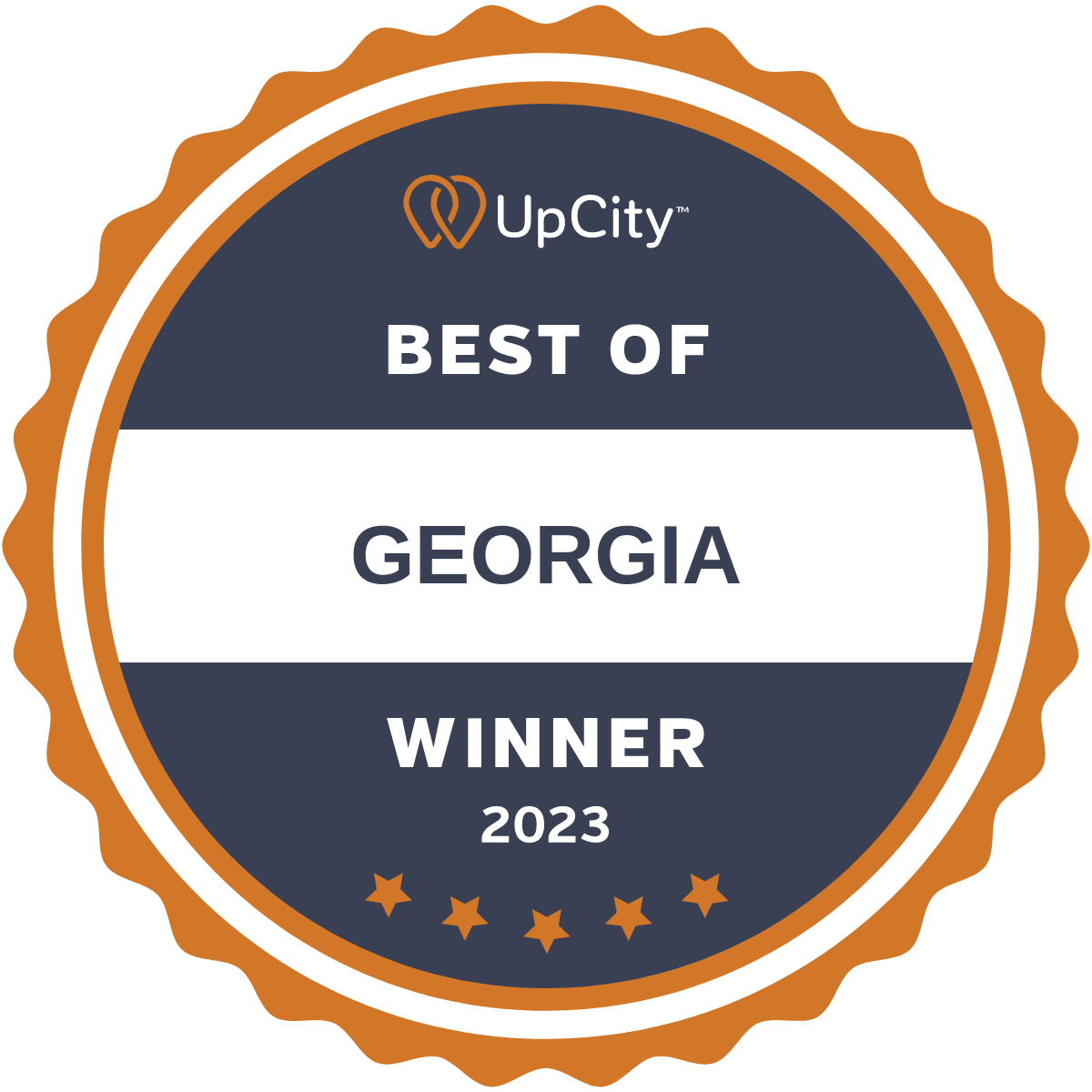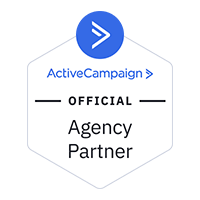FROM THE DESK OF JODI HERSH
Essential ideas about branding, marketing and growing a small business
Subscribe to Fresh Squeezed, essential ideas on branding, marketing and growing a small business.
Subscribe to Fresh Squeezed, essential ideas on branding, marketing and growing a small business.
E-A-T your way to the top in your field: Expertise, Authoritativeness, and Trustworthiness

Have you ever come across an article or website and thought to yourself, 🤔 I’m not sure if I trust this? Who is this person? Why should I believe anything she has to say?
It’s never been easier to publish content and share your voice and knowledge with the world. 🎉
It’s also never been easier for anyone to publish BS. 💩
Experts are vital resources of knowledge and research. They establish themselves as leaders within their field, giving them the credibility and authority to speak on topics they know about. And if someone with the title of Expert (or even if they’re not) is perceived as an authority, they can get more people to trust them and follow their advice.
This is where E-A-T comes into play: Expertise, Authoritativeness, and Trustworthiness — a range of signals Google uses to evaluate and judge content.
Expertise (E), Authoritativeness (A), Trustworthiness (T), and Google
Updating and creating content regularly isn’t enough to push your rankings higher. You also need to make sure that Google is able to recognize you as an authority in your field and determine that all of the information on your site was created by someone who has “earned” their expert status.
Not only does E-A-T impact how Google sees you, it matters for humans too. It’s just as important to build a reputation for yourself in your field as it is to impress Google, because people want to find info from experts who know what they’re talking about; and they will link to you, mention you, cite your work, etc.
Making sure your website is seen as an authority by Google means having great content, optimizing for external links and trustworthiness, and keeping contact information is up-to-date. By following these tips, you’ll be on your way to becoming an E-A-T powerhouse!
Optimizing for Expertise (E):
How does Google determine if you have expertise in your field? They look at your site, the topics you cover, the quality of content you produce (with regards to length, grammar, and spelling), how many external links are found on your site that lead back to authoritative sources.
Here are some questions Google might consider:
- Does this person have a Wikipedia page?
- What other reputable sources have written about this person?
- Does the author have a personal website or blog with their name on it?
- In what field is this person considered an authority?
You can answer these questions by making sure your About page, “About me” section and any profile information you have online is 100% accurate and up-to-date.
Optimizing for Authoritativeness (A):
When it comes to answering the “Who are you” question, you want Google to see your site as an authority when it comes to topics like the one you’re covering.
Google determines this by looking at your external links to other websites, the quality and relevance of those links, how many external domains are linking in to you, and if there is any spam activity from your site (like unattributed copying), etc.
Google also looks for other signals, like social media activity, and quality citations to determine how authoritative you are in your field.
Here are some questions Google might ask:
- What’s the link profile like on this site?
- What other authoritative sites are linking back to this person’s site?
- Are there any spammy websites out there that have copied and pasted content from this website, or is it just a bunch of great links?
You can answer these questions by making sure your external links look natural and come from authority websites. You can also make sure you aren’t linked to on any sites that are known for spam activity.
Optimizing for Trustworthiness (T):
The final piece of the E-A-T puzzle is trust, which Google ranks with the help of your website’s contact information and how it looks when compared side by side against other people in your field.
You know how no one wants to do business with a guy who has no contact information? It’s the same with Google . They want to make sure people can reach you and understand what it is that you do for a living. Here are some quick tips:
- Keep your content current by publishing regularly
- Make sure all of your information is accurate and up-to-date
- Include a contact page with multiple ways of contacting you (phone number, email address, etc.)
- Maintain a professional looking website with excellent spelling and grammar
- Include the right amount of “trust signals,” like testimonials and reviews from customers or clients who can vouch for your services or products.
Remember, this isn’t about being perfect or having it all figured out before you even start. These are just signals that Google looks for in determining an author’s expertise, authority, and trustworthiness in their field. By making sure you stay on top of these things, you’ll be well on your way be to being seen as an authority in your field. Now all that’s left is to write content so good it makes people want to link back to you!
PS: Did you know I am also a Jedi? Dekalb County says so. How’s THAT for expert authority? 🤣

Subscribe to Fresh Squeezed
Essential ideas about branding, marketing and growing a small business.
Weekday emails to help exceptional people like YOU bring your visions to life.












